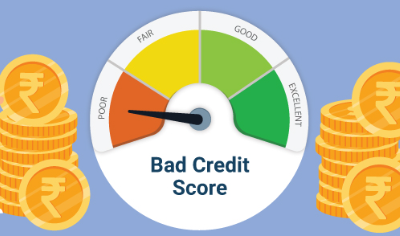As teenagers transition into adulthood, equipping them with financial literacy becomes paramount for their future success. Teaching money management skills at an early age not only instills responsible financial habits but also prepares them to navigate the complexities of the modern financial landscape. This guide explores the importance of financial literacy for teens and provides insights into effective ways to teach money management skills.
1. Why Financial Literacy Matters for Teens
Significance:
- Foundation for Adulthood: Financial literacy lays the groundwork for responsible financial decision-making in adulthood.
- Empowerment: Knowledge of money management empowers teens to navigate personal finances confidently.
2. Basic Concepts of Financial Literacy
Essentials:
- Budgeting: Teaching teens to create and stick to a budget fosters responsible spending habits.
- Saving: Instilling the importance of saving for short and long-term goals promotes financial security.
- Understanding Credit: Introducing concepts of credit, debt, and interest helps teens make informed financial decisions.

3. Practical Money Management Lessons
Activities:
- Simulated Budgeting: Engage teens in hands-on budgeting exercises to simulate real-world financial scenarios.
- Goal Setting: Encourage goal-setting for purchases or savings targets, teaching them the value of planning.
4. Introduction to Banking and Financial Institutions
Learning Points:
- Opening a Bank Account: Teach teens the process of opening and managing a bank account.
- Understanding Financial Products: Introduce them to various financial products like savings accounts and certificates of deposit.
5. Smart Spending Habits and Consumer Awareness
Guidance:
- Differentiating Wants vs. Needs: Foster an understanding of prioritizing essential expenses over non-essential ones.
- Consumer Rights: Educate teens on their rights as consumers and the importance of informed purchasing decisions.
6. Investment Basics for Teens
Concepts:
- Compound Interest: Explain the power of compound interest to illustrate the benefits of long-term saving.
- Introduction to Stocks and Bonds: Provide a basic understanding of investment options for future financial growth.
7. Using Technology for Financial Management
Tools:
- Financial Apps: Explore apps that help teens track expenses, set financial goals, and manage budgets.
- Online Banking: Familiarize them with online banking tools for convenient financial management.
8. Real-Life Examples and Case Studies
Application:
- Financial Success Stories: Share real-life examples of individuals who achieved financial success through responsible money management.
- Case Studies: Discuss case studies highlighting both positive and negative financial decisions for valuable lessons.
9. Open Communication and Q&A Sessions
Approach:
- Encouraging Questions: Create an open environment where teens feel comfortable asking questions about financial matters.
- Real-Time Guidance: Provide guidance in real-time, addressing specific concerns or queries.
Conclusion
Financial literacy for teens is an investment in their future well-being. By introducing basic concepts, engaging in practical money management lessons, familiarizing them with banking and financial institutions, promoting smart spending habits, and utilizing technology for financial management, you equip teens with the skills needed for a financially responsible adulthood.





